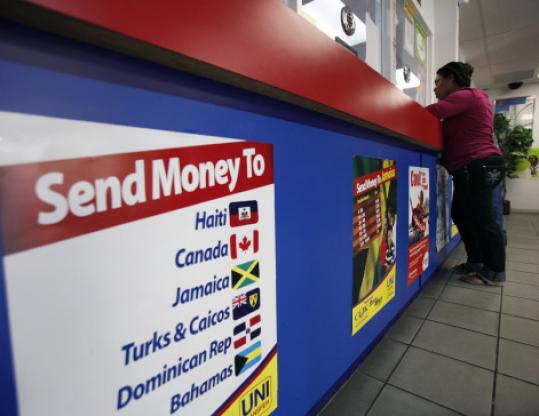
Nearly two million Haitians live abroad. Most of them live in the United States and the Dominican Republic. French-speaking countries such as Canada and France also host thousands of our citizens.
Haitians living abroad do not lose their connection to the country. Data from the World Bank supports this assertion: in the year 2017, the Haitian diaspora sent $2.4 billion in remittances to Haiti, equivalent to a quarter of the country’s GDP. In fact, Haiti’s diaspora is the country’s main source of revenue.
The amount of remittances demonstrates the high level of commitment of Haitians abroad to their families and country. Recently, the Central Bank of Chile included Haiti as a destination for the remittances sent by the approximately 94,000 nationals living in that country.
Poverty in Haiti is the main reason that a large number of Haitians live abroad. Many Haitians recognize that it is through their efforts in other countries that they can help their family in the country. This is why those living in the diaspora don’t lose their connection with Haiti, and many of them wish to return to spend their retirement on our island.

It is our opinion that the diaspora can contribute significantly to Haiti’s development beyond the sending of remittances or the construction of housing for their enjoyment. We propose a law that promotes the diaspora’s investment in infrastructure projects that Haiti so badly needs. Joint ventures or private capital could advance aqueducts, electrical systems, and roads to improve the quality of public services.
The law would seek to grant tax exemptions and times of use of the infrastructures built with the purpose of encouraging this type of investment that would create new jobs and diminish our dependence on foreign funds to undertake such projects.
Of course, it is necessary to advance laws that promote greater integration of the diaspora with Haiti. The law that would allow dual citizenship and thus allow diaspora members to exercise their political rights, such as voting, is still pending approval by Haiti’s Parliament.
The vote abroad is a right that the diaspora has long awaited. There are many countries in the region that allow their residents abroad to vote as a participation mechanism in their politics.
In order to imitate good examples from other countries, it would be desirable for the diaspora to have representation in the Haitian parliament. North America, for example, has a greater Haitian population than eight of our ten departments.
The Haitian diaspora’s deeper involvement with Haiti would open tremendous development potential which could reduce our dependence on funds from multilateral organizations. There are many Haitians who would like to have shares of infrastructure companies that improve the population’s quality of life. At the same time, the necessary structural conditions for the promotion of national and foreign investment in major projects in Haiti would be created.
The diaspora’s challenge is to create a structure that allows its presence in different countries while contributing effectively to Haiti’s development. The existence of such a structure would allow Haitians abroad to participate actively in solving Haiti´s problems.









